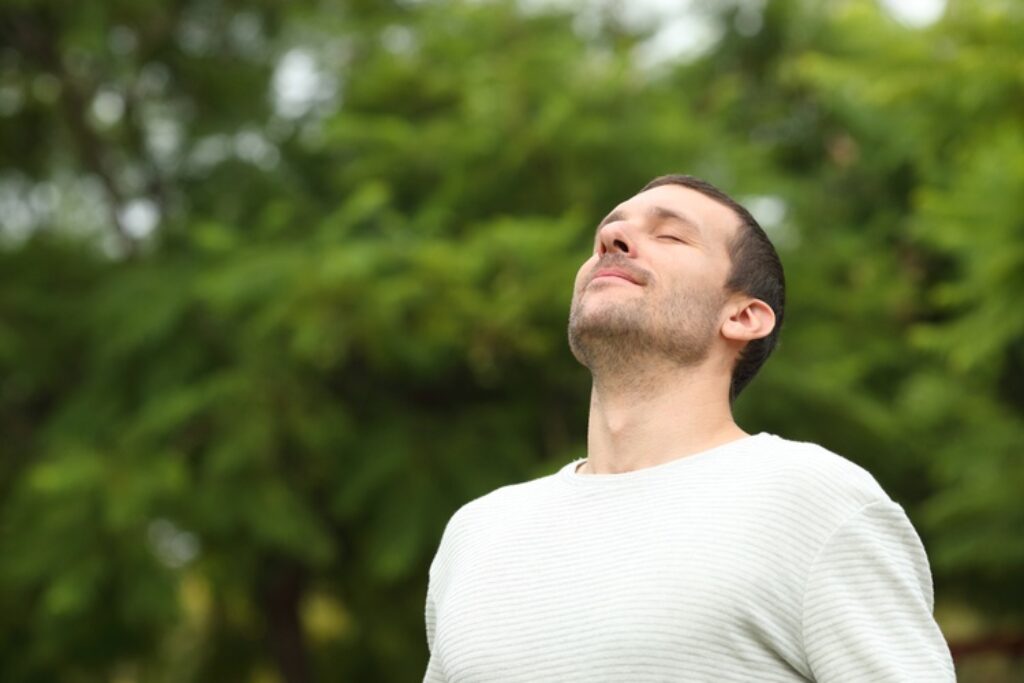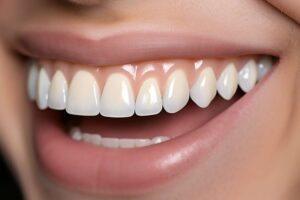
Exploring COPD Treatment Options and Natural Relief for Seniors
While COPD is chronic, seniors can find relief through treatments, lifestyle changes, and natural remedies to manage symptoms better.
Related Topics (Sponsored Ads):

Research the Types of Inhalers and Oral Medications Used for COPD
The primary medical treatment for COPD is prescription inhalers that open airways and reduce airway obstruction and inflammation. Standard options include short and long-acting bronchodilators like albuterol and tiotropium, which relax airway muscles for easier breathing. Inhaled corticosteroids decrease swelling in the airways. Combination inhalers provide joint bronchodilation and anti-inflammatory effects.
Oral medications also open airways, decrease inflammation, and clear excess mucus from the lungs. Options may include theophylline, oral steroids, mucolytics like N-acetylcysteine, and more. Talk to your doctor about the various inhaler and medication options to determine the best regimen based on your COPD severity. Closely follow instructions for all prescribed treatments and alert your doctor if any worrisome side effects develop. Using medications as directed is crucial for preventing the worsening of COPD symptoms long-term.
Research Proven Pulmonary Rehab and Oxygen Programs
Beyond medications, pulmonary rehabilitation through specialized exercise and conditioning training has been shown to significantly teach COPD patients techniques to improve lung capacity, strengthen respiratory muscles, and better manage daily physical activities through enhanced endurance. A trained pulmonary rehab team works closely with seniors to optimize medications, monitor oxygen needs, provide social and emotional support, and develop goals and training regimens tailored to each patient’s abilities.
Supplemental oxygen therapy also provides added oxygen flow to aid breathing challenges for those with low oxygen levels using portable oxygen tanks or home oxygen concentrators. Doctors determine when 24/7 continuous oxygen is required based on senior needs and testing results. Consistent pulmonary rehab training and properly prescribed oxygen therapy can mutually support improved COPD management. Consult your physician about enrolling in a supervised pulmonary rehab program with oxygen support tailored to your needs.
Make Lifestyle Adjustments to Complement Treatment
An essential part of managing COPD involves making positive lifestyle adjustments to reduce lung strain and prevent additional damage that exacerbates the condition. For smokers, quitting smoking stops further decline in lung function. Avoiding secondhand smoke is also recommended. Steering clear of airborne irritants or allergens that could trigger coughing or shortness of breath also protects sensitive airways.
A diet rich in fruits, vegetables, and anti-inflammatory foods provides nutrition supporting improved breathing. Chest and diaphragmatic breathing exercises supervised by therapists gradually help expand lung capacity over time. Staying active with low-impact exercise suggested by doctors improves overall health and stamina. And managing daily stress levels through relaxation techniques, social support, and intelligent time management helps prevent anxiety-induced breathing issues. Making these innovative lifestyle changes complements medical COPD treatment.
Evaluate Natural COPD Remedies That May Aid Breathing
In addition to traditional medications and therapy, some natural remedies may help relieve COPD symptoms when used under a doctor’s supervision by opening airways and reducing inflammation. Peppermint oil contains menthol, which can act as a decongestant, dilating constricted airways. Eucalyptus oil may also help clear mucus and open airways through steam inhalation if tolerable. Ginger, turmeric, and garlic contain anti-inflammatory and antioxidant properties that may help soothe COPD symptoms for some.
Supplements like N-acetylcysteine, magnesium, omega-3 fish oils, and vitamin D may also support lung health and function when used with a doctor’s consent. Discuss safely trying new supplements under medical guidance, as some may interact with current medications. Finding the right balance between proven natural COPD remedies and prescribed treatment provides the best relief.
Conclusion
While COPD cannot be cured, seniors have options through medications like inhalers and steroid pills, pulmonary rehab and oxygen therapy, lifestyle adjustments, and complementary natural remedies that can significantly help minimize symptoms and improve everyday quality of life. Work closely with your physician to find the medical treatment regimen tailored to your needs based on the latest research. Take advantage of supervised rehab programs. Make positive lifestyle changes that support your lungs. And consider carefully selected natural options under a doctor’s supervision. Combining prescription and lifestyle COPD treatments with natural aids allows seniors to manage their condition optimally.
Related Topics (Sponsored Ads):
Discover More






